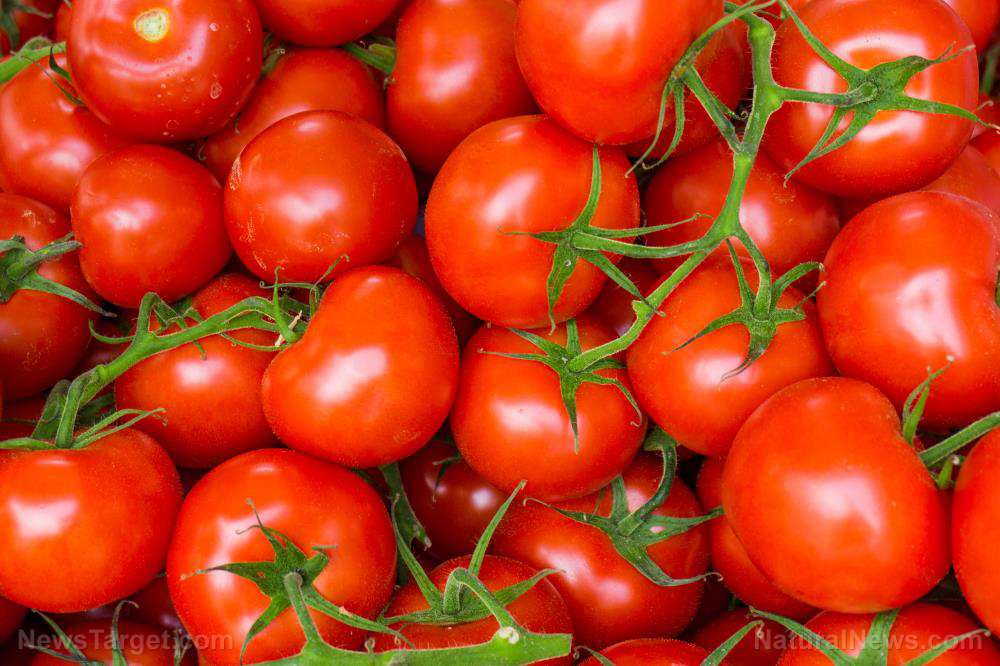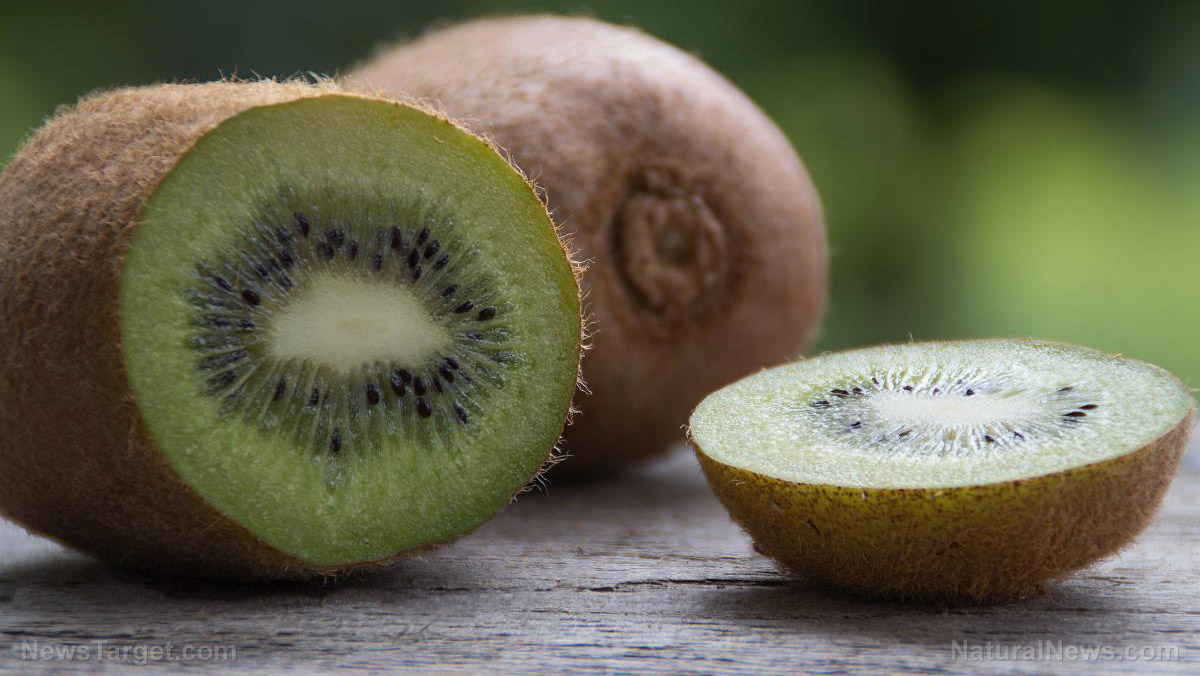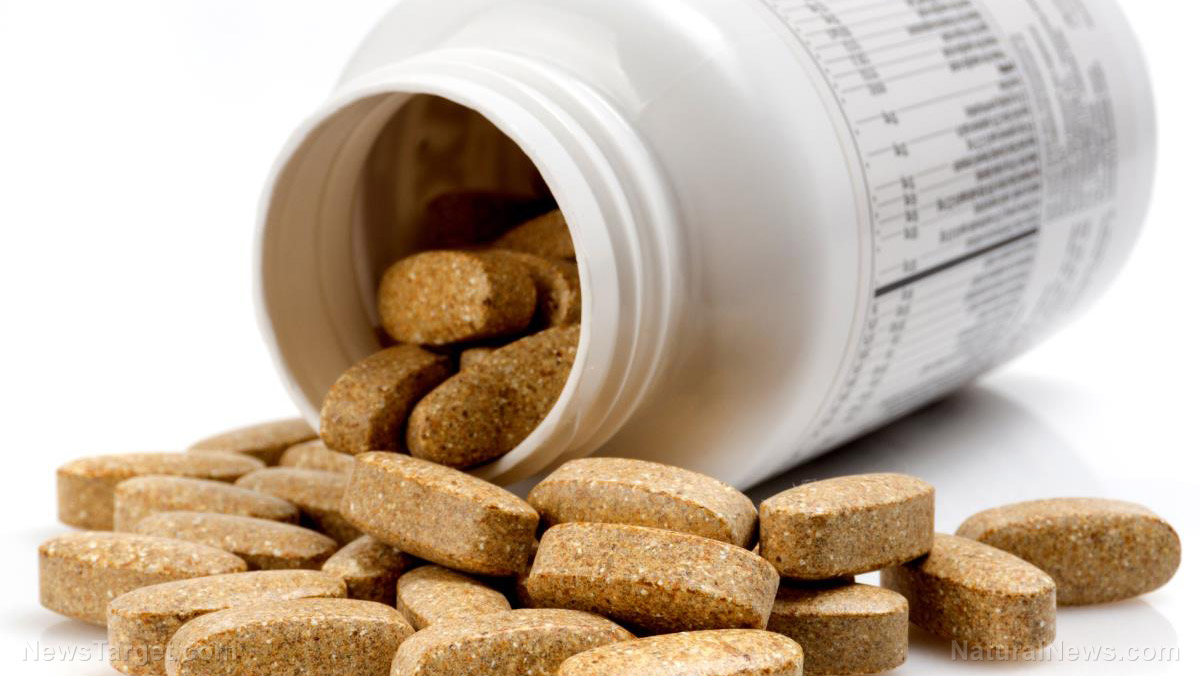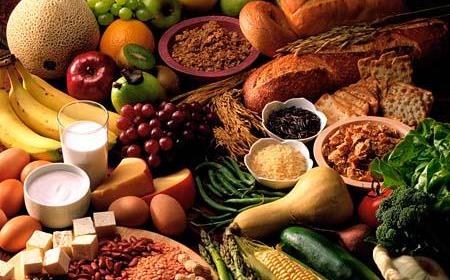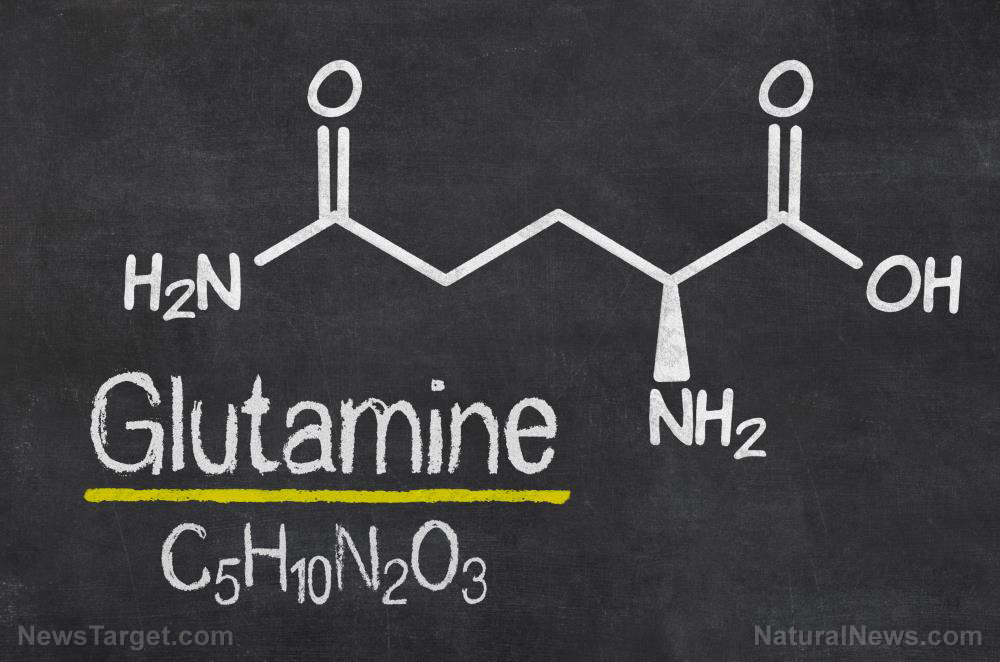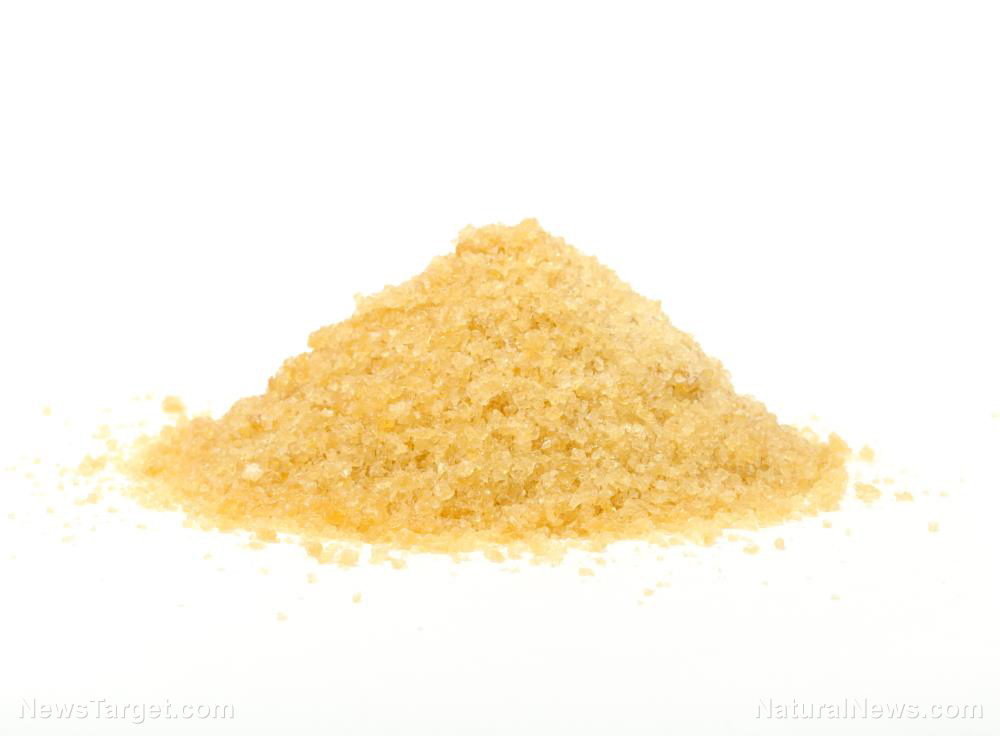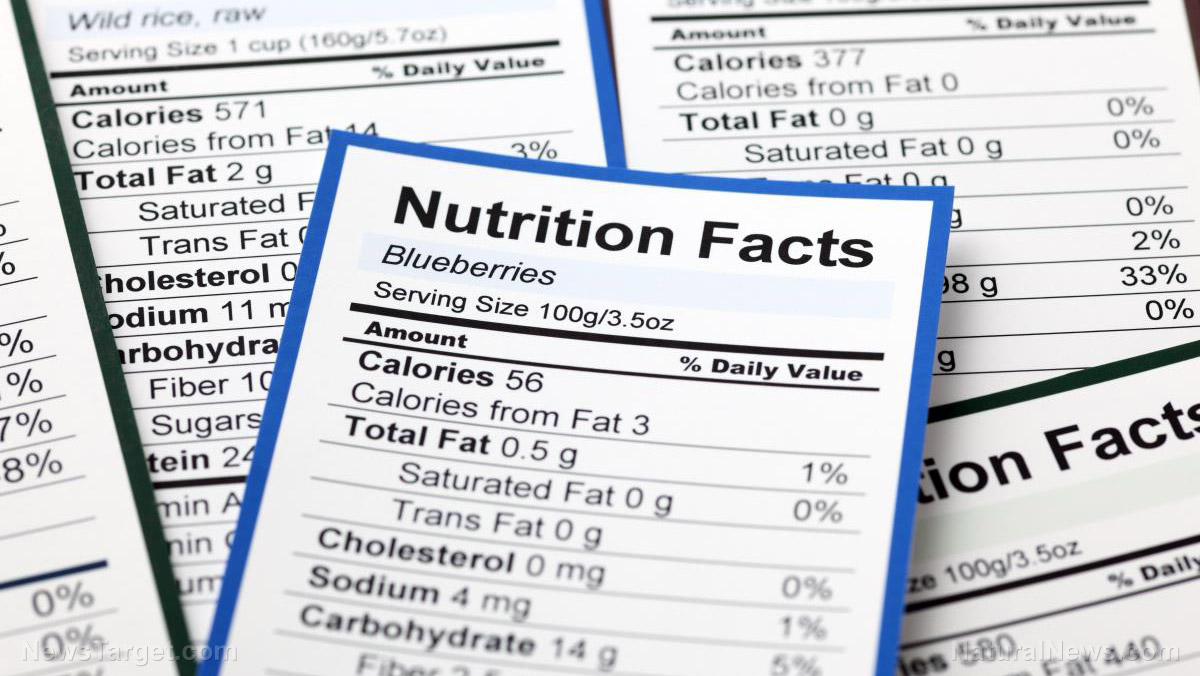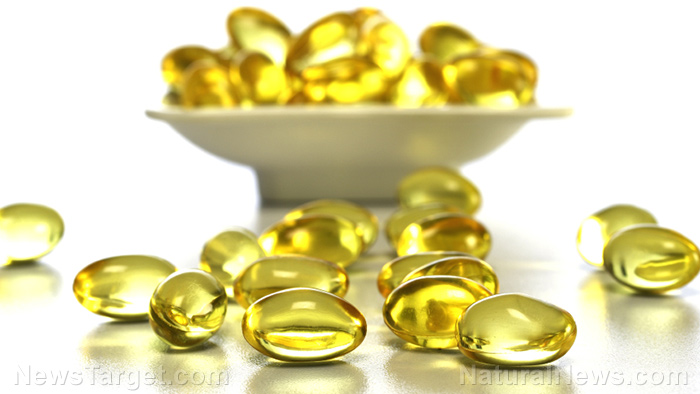Curcumin reduces the effects of a high-fat diet
12/21/2018 / By Michelle Simmons

Diets high in fat are known as major contributors to many health diseases, such as heart disease, and cancer. Researchers at Jawaharlal Institute of Postgraduate Medical Education and Research in India discovered that taking curcumin supplements minimizes the damage caused by a high-fat diet.
In their study, the researchers looked at the beneficial effects of curcumin on inflammation, oxidative stress, and insulin resistance in high-fat-fed rats. They examined two groups of rats: one group fed with a high-fat diet only and another group given a high-fat diet with 200 milligrams per kilogram (mg/kg) body weight of curcumin every day for 10 weeks.
The researchers measured the rats’ food intake, body weight, and biochemical parameters at the start and the end of the study. After 10 weeks, they also measured the oxidative stress parameters in skeletal muscle and liver triglyceride levels.
The results revealed that the high-fat diet increased the body weight and liver fat. It also increased the levels of plasma glucose, insulin, insulin resistance, total cholesterol, triglycerides, and very low-density lipoprotein cholesterol (VLDL-c), and decreased high-density lipoprotein (HDL) cholesterol.
The high-fat diet also increased inflammation and oxidative stress in skeletal muscles. It also increased liver triglyceride content and caused fat buildup in the liver.
However, the supplementation with curcumin significantly improved these changes. Curcumin supplementation significantly reduced body weight, liver adipose tissue, glucose, insulin, and insulin resistance. In addition, it decreased plasma levels of total cholesterol, triglycerides, VLDL-c, and inflammatory markers, and increased HDL cholesterol. Moreover, it reduced oxidative stress, hepatic triglyceride content, and liver fat deposition.
With these findings, the researchers concluded that curcumin could improve lipid levels, oxidative stress, inflammation, and insulin resistance caused by a high-fat diet.
Curcumin and turmeric
Curcumin is the active ingredient of the spice called turmeric and is responsible for most of the spice’s health benefits. It takes up about two to eight percent of most turmeric preparations and gives turmeric its distinct color and flavor. Here are some health benefits of turmeric and curcumin backed up by scientific evidence:
- Cancer: One of the most notable benefits of turmeric and curcumin is their ability to prevent cancer. Turmeric and curcumin may help prevent cancer by reducing the activity of colon and other cancer cells. A new study published in the Proceedings of the National Academy of Sciences revealed that curcumin inhibits to the DYRK2 enzyme. Inhibiting this enzyme stops protein complexes known as proteasomes that contribute to cancer development. This action interrupts the proliferation of cancer cells, reducing tumors, and slowing cancer’s growth. This is beneficial for preventing proteasome-addicted cancers, such as triple-negative breast cancer and multiple myeloma.
- Antibacterial: Turmeric and curcumin have powerful antibacterial effects. They have been reported to inhibit the growth of many disease-causing bacteria.
- Antifungal: Studies have also reported that turmeric and curcumin have antifungal effects. They can disrupt fungal cell membranes and could be used with other fungal medicines for better effect.
- Diabetes: Turmeric and curcumin can improve blood sugar metabolism and potentially reduce the effects of diabetes in the body.
- Heart disease: As mentioned in the Indian study, curcumin reduced bad LDL cholesterol and triglycerides. These effects, which were also seen in earlier studies, can cut the risk of heart disease.
- Liver health: Turmeric and curcumin can also protect the liver from damage caused by oxidative stress.
- Obesity: Research has shown that turmeric and curcumin may inhibit the inflammatory pathway related to obesity and may help control body fat.
- Osteoarthritis: Plant compounds in turmeric, including curcumin, can decrease inflammatory markers and relieve osteoarthritis symptoms, such as pain and stiffness.
Sources include:
Tagged Under: alternative medicine, curcumin, Dyslipidemia, herbal medicine, Herbs, high-fat diet, inflammation, insulin resistance, medicinal plants, natural cures, natural healing, natural medicine, natural remedies, obesity, oxidative stress, spice

